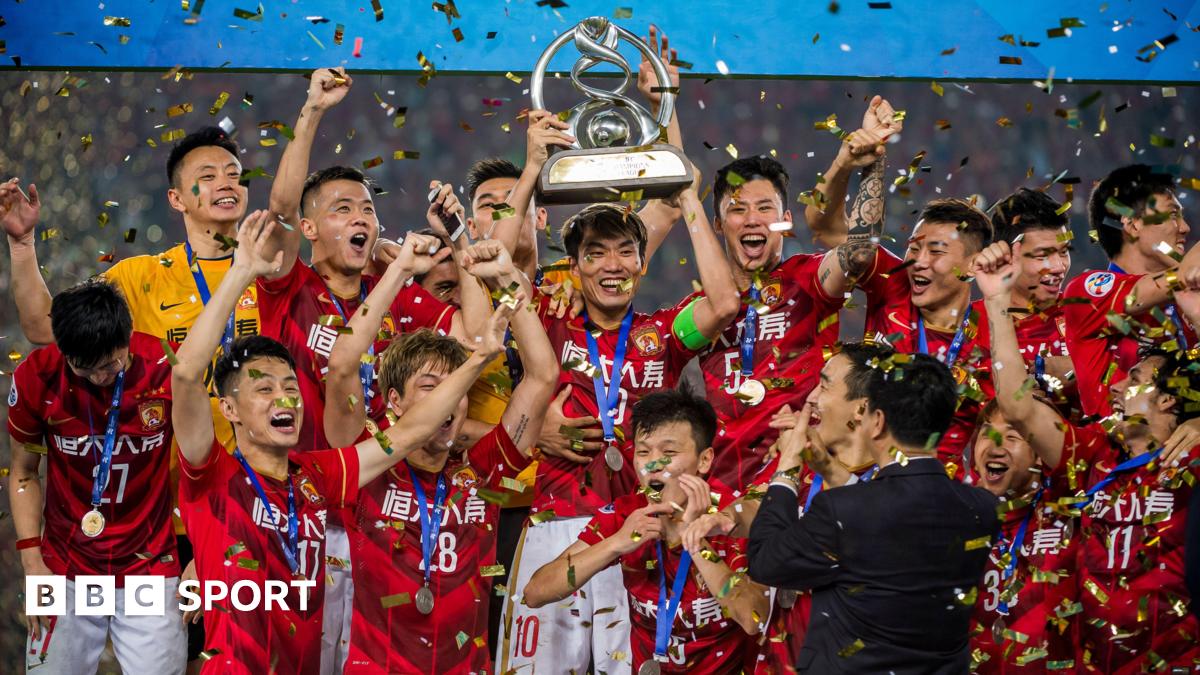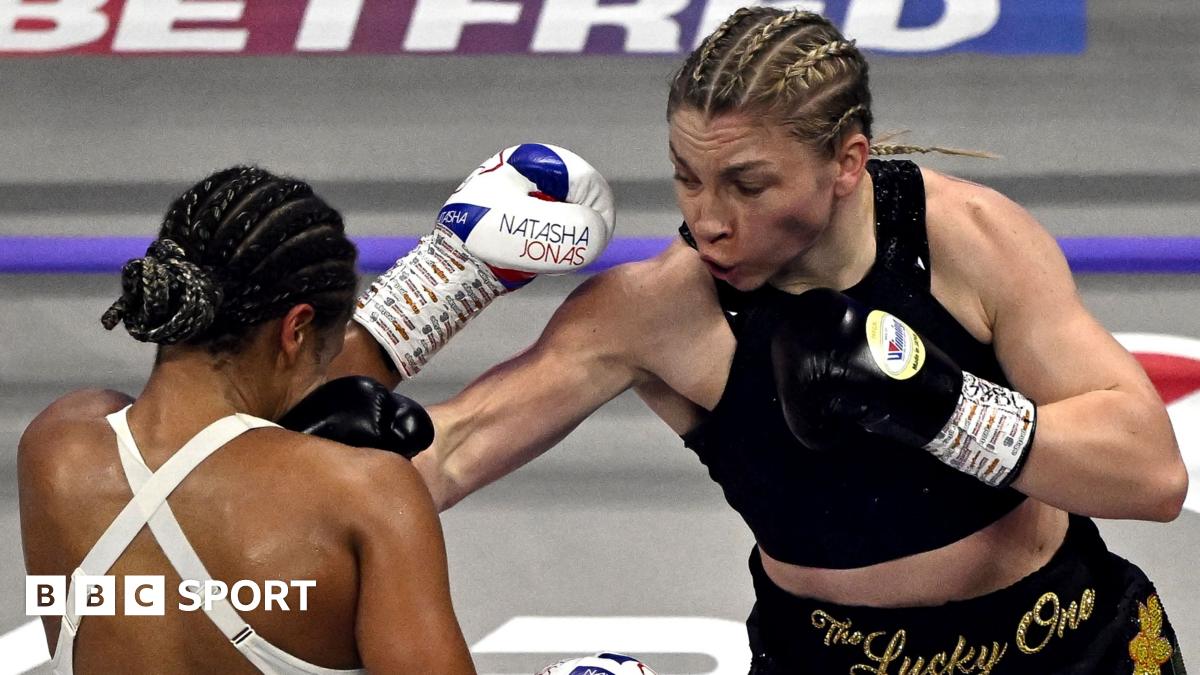Chinese football in crisis: Guangzhou out of professional leagues

Guangzhou’s rapid ascent began when property developers China Evergrande bought the club in 2010 when it was in the Chinese second tier.
The new ownership group renamed the side Guangzhou Evergrande and invested heavily on and off the pitch, aligning with China president Xi Jinping’s ambition to turn the country into a football superpower that could host – and win – the World Cup.
Italy’s World Cup-winning coach Marcello Lippi was appointed manager in 2012 and masterminded three CSL titles, a Chinese FA Cup and the AFC Champions League.
Luiz Felipe Scolari, who led Brazil to World Cup glory in 2002, was even more successful, winning seven trophies in two-and-a-half years.
Former Tottenham and Barcelona midfielder Paulinho, ex-Italy striker Alberto Gilardino and former Colombia forward Jackson Martinez were among the foreign stars to arrive for big transfer fees and equally large wages.
But Guangzhou were far from alone in their enormous spending.
An array of international players moved to China as the CSL sought to compete with powerhouses such as the Premier League, La Liga, Serie A and Bundesliga.
Brazil striker Hulk joined Shanghai SIPG, who were managed by former England boss Sven-Goran Eriksson, for £46m.
Chelsea midfielder Oscar soon followed for £60m while ex-Manchester City and United striker Carlos Tevez moved to Shanghai Shenhua for a reported £40m.
All were on huge wages and in 2016 Chelsea manager Antonio Conte said the money spent on players by Chinese clubs was a “danger for all teams in the world”.
Arsenal boss Arsene Wenger added that “China looks to have the financial power to move a whole European league to China”.
In 2019, Real Madrid’s Gareth Bale – at one point the most expensive player in the world – was linked with a move to Jiangsu Suning on wages worth £1m-a-week.
But things quickly began to change. The Chinese Football Association, wary of the spiralling spending, introduced a ‘luxury tax’ that made big-money transfers prohibitively expensive.
A salary cap was also introduced and sponsors were banned from naming teams after themselves, meaning Guangzhou Evergrande were renamed Guangzhou FC.
Evergrande were already in financial difficulty by that point and in 2021 they defaulted on debt payments amid a wider real estate crisis in China that was exacerbated by the impact of the Covid-19 pandemic.
The company filed for bankruptcy in 2022, plunging Guangzhou into crisis. Their ambitious stadium plans were cancelled and players were sold, culminating in relegation later that year.
After narrowly missing out on promotion in the 2024 season, Guangzhou have now been refused permission to compete in the upcoming campaign because of their ongoing financial issues.
However the club remain hopeful of existing in some form.
“We regret that we failed to make it, hence our sincerest apologies to fans and the people from all walks of life that support the club,” Guangzhou said in a statement.
“We will not change our original intention and do our best to deal with the aftermath and support the development of Chinese football and Guangdong and Guangzhou football.”
Related
Jonas vs Price: How women’s boxing can become centre stage…
The iconic Royal Albert Hall has hosted pugilism for over a century, welcomed key political figures and showcased musical superstars.On Friday evening, a women'
Belgian Darts Open: Ryan Searle sets up Luke Littler showdown…
Ryan Searle set up a showdown with world champion Luke Littler and Mike De Decker booked a reunion with world No 1 Luke Humphries
Sky Sports presenter reveals she has a brain infection following…
A Sky Sports presenter has revealed she has a brain infection after battling cancer.Emma Saunders, who works as a presenter and match day reporter for Sky, was
Jonas vs Price as it happened: Reaction, analysis, boxing results,…
'I want to go back to Wales'published at 23:37 Greenwich Mean Time 7 March23:37 GMT 7 MarchPrice beats Jonas by unanimous decisionLauren Price speaking to Sky S













